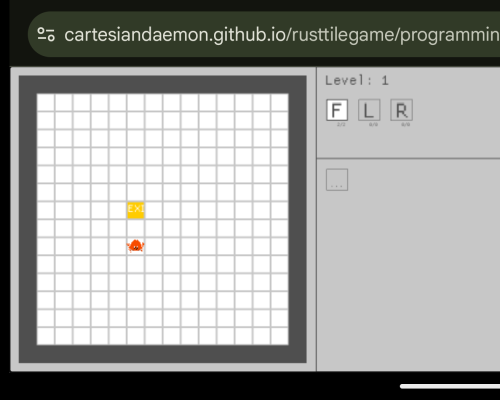Canonical link: https://siderea.dreamwidth.org/1889543.htmlPreface: I had hoped to get this out in a more timely manner, but was hindered by technical difficulties with my arms, which have now been resolved. This is a serial about health insurance in the US from the consumer's point of view, of potential use for people still dealing with open enrollment, which we are coming up on the end of imminently. For everyone else dealing with the US health insurance system, such as it is, perhaps it will be useful to you in the future.
Understanding Health Insurance:
Introduction
Health insurance in the US is hard to understand. It just is. If you find it confusing and bewildering, as well as infuriating, it's not just you.
I think that one of the reasons it's hard to understand has to do with how definitions work.
Part of the reason why health insurance is so confusing is all the insurance industry jargon that is used. Unfortunately, there's no way around that jargon. We all are stuck having to learn what all these strange terms mean. So helpful people try to explain that jargon. They try to help by giving definitions.
But definitions are like leaves: you need a trunk and some branches to hang them on, or they just swirl around in bewildering clouds and eventually settle in indecipherable piles.
There are several big ideas that provide the trunk and branches of understanding health insurance. If you have those ideas, the jargon becomes a lot easier to understand, and then insurance itself becomes a lot easier to understand.
So in this series, I am going to explain some of those big ideas, and then use them to explain how health insurance is organized.
This unorthodox introduction to health insurance is for beginners to health insurance in the US, and anyone who still feels like a beginner after bouncing off the bureaucratic nightmare that is our so-called health care system in the US. It's for anyone who is new to being an health insurance shopper in the US, or feels their understanding is uncertain. Maybe you just got your first job and are being asked to pick a health plan from several offered. Maybe you have always had insurance from an employer and are shopping on your state marketplace for the first time. Maybe you have always gotten insurance through your parents and spouse, and had no say in it, but do now. This introduction assumes you are coming in cold, a complete beginner knowing nothing about health insurance or what any of the health insurance industry jargon even is.
Please note! This series is mostly about
commercial insurance products: the kinds that you
buy with money. Included in that are the kind of health insurance people buy for themselves on the state ACA marketplaces and also the kind of health insurance people get from their employers as a "bene". It may (I am honestly not sure) also include Medicare Advantage plans.
The things this series explains do not necessarily also describe Medicaid or bare Medicare, or Tricare or any other government run insurance program, though if you are on such an insurance plan this may still be helpful to you. Typically government-run plans have fewer moving parts with fewer choices, so fewer jargon terms even matter to them. Similarly, this may be less useful for subsidized plans on the state ACA marketplaces. It depends on the state. Some states do things differently for differently subsidized plans.
But all these different kinds of government-provided health insurance still use some insurance industry jargon for commercial insurance, if only to tell you what they
don't have or do. So this post may be useful to you because understanding how insurance typically works may still prove helpful in understanding what the government is up to. Understanding what the assumptions are of regular commercial insurance will hopefully clarify the terms even government plans use to describe themselves. Just realize that if you have a plan the government in some sense is running, things may be different – including maybe
very different – for you.
On to the first important idea: Health Insurance is a Contract.
Understanding Health Insurance 



 ),
), 
